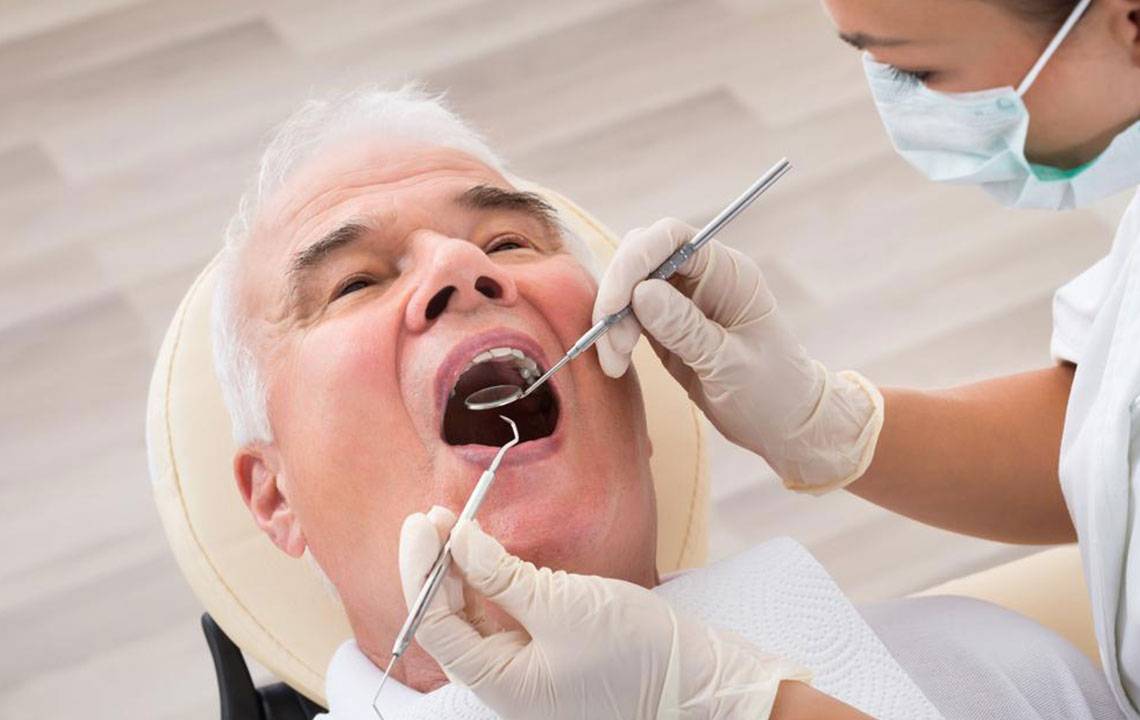A Complete Guide to Comprehensive Dental Insurance Plans
Discover everything about full coverage dental insurance, including types, coverage options, and top providers. Learn how to choose the right plan to suit your needs and budget, ensuring comprehensive dental health protection. This guide helps you navigate various plans like traditional, reimbursement, and family coverage, offering valuable tips to maximize your benefits and make informed decisions for optimal dental care.

A Complete Guide to Comprehensive Dental Insurance Plans
Learn everything about comprehensive dental insurance options
Dental insurance policies vary widely in coverage and cost. The premiums depend on the level of coverage and personal budget. Basic plans tend to have lower monthly fees, offering essential coverage, while full coverage plans provide extensive benefits including major dental procedures and surgeries. Payments are typically based on premiums paid. With comprehensive plans, individuals are protected against costs for routine maintenance, complex treatments, and surgical interventions.
If you're searching for optimal dental insurance options, understanding the essentials is key. Here’s some vital information to assist you in selecting the best plan.
What does comprehensive dental coverage include?
Covers all dental treatments, including surgical procedures.
Caps on certain dental procedures are minimal or absent, depending on the plan.
A significant portion of dental costs is covered based on your chosen policy.
Important factors to consider for choosing full coverage dental plans
Research and compare available options thoroughly before committing to a plan.
Assess your personal dental needs to select a suitable plan.
Review the specifics carefully to maximize benefits, especially since these plans can be costly.
Types of comprehensive dental insurance available nationwide
Traditional plans – Provide coverage for around 80-100% of dental expenses. Require monthly or weekly premiums and usually have a waiting period before benefits activate. Check the duration of this waiting period.
Reimbursement plans – Usually linked to employment benefits. You pay upfront and get reimbursed partially by your employer. Keep in mind, reimbursements often do not cover total expenses.
Voluntary group plans – Formed by colleagues in a small group, these plans are not employer-funded but are cost-effective. Regular monthly premium payments are essential, and no defaults should occur.
Discounted dental memberships – Offer service discounts through memberships. Members pay enrollment and monthly service fees, with direct discount benefits at participating dental clinics.
Preventive-only coverage – Ideal for those needing minimal dental work, covering routine checkups and cleanings at low premiums.
Individual comprehensive plans – Cover routine exams and partial coverage for additional procedures, and are among the most popular options.
Family plans with full coverage – Designed for families, these plans often include family deductibles and are suitable for insured groups larger than three members.
Coverage levels in comprehensive plans
Typically divided into minor, major, and preventive categories.
Coverings extend beyond basic services to include cleanings, fillings, fluoride treatments, root canals, X-rays, denture repairs, and bridgework.
Top providers of dental insurance in the industry
United Health One
Delta Dental
Aspen Dental
Humana Dental
Cigna Dental
Aspen Dental is known for affordable comprehensive checkups and treatments.










